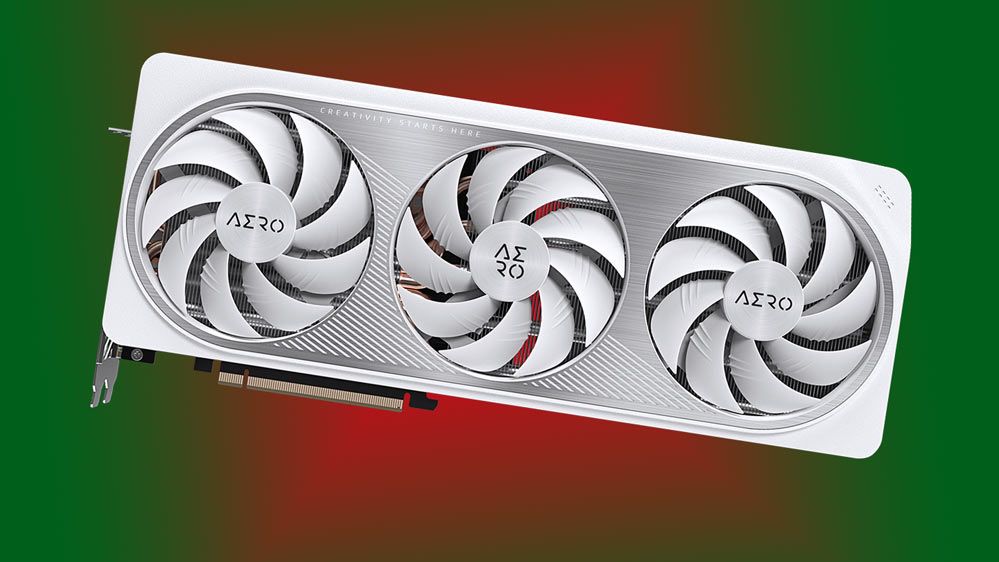I find it hilarious that some of us were getting ridiculed for saying the exact same thing just a few weeks back and the PC diehards were up in arms. Now that Andrew here and Oliver from DF are providing the same message, it seems value of contribution is much more dependent on the messenger as opposed to the message and it's substance in this forum.
You don't have the same 'message' as Andrew and DF.
You have one drum to bang, but there are two equally valid subjects to discuss:
- The coming need for more than 8GB of vram to reliably manage parity with console on PC (and Nvidia's cynically low vram provision)
- The poor and sometimes shockingly poor ability of games to scale down to 8GB gracefully, due to poor or incomplete planning and optimisation
It's disingenuous of you to claim that Andrew and DF are validating your one sided, and un-nuanced opinion. And here is your opinion again, from the same post as above.
It's about time you all stop blaming developers and "lazy PC ports" and instead amp up the pressure on these vendors who are selling high compute cards with incohesive memory systems.
Both can be issues, and are. To think that software can't be part of this problem is insanely naive. Flawed software can always cause adequate hardware to under deliver. And I don't mean "adequate to match console" I mean adequate to deliver substantially better than it is doing. In any industry.
And putting pressure on vendors to provide more vram is all well and good, but it doesn't it doesn't change the fact that software launching into the market today and for the next few years will be launching into a market where the biggest target vram amount will be 8GB. In addition to legacy cards, the 4060 Ti 8GB and the 7600 XT 8GB will be big sellers.
And I say this as someone who (personally, I'm not saying everyone should agree) won't even buy a second hand 8GB RTX card, and whose next card will probably be 12 or 16 GB (but no less than 12).

www.tomshardware.com
